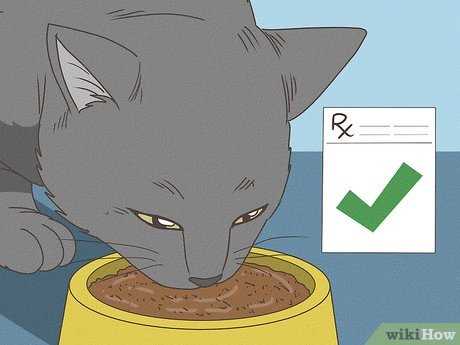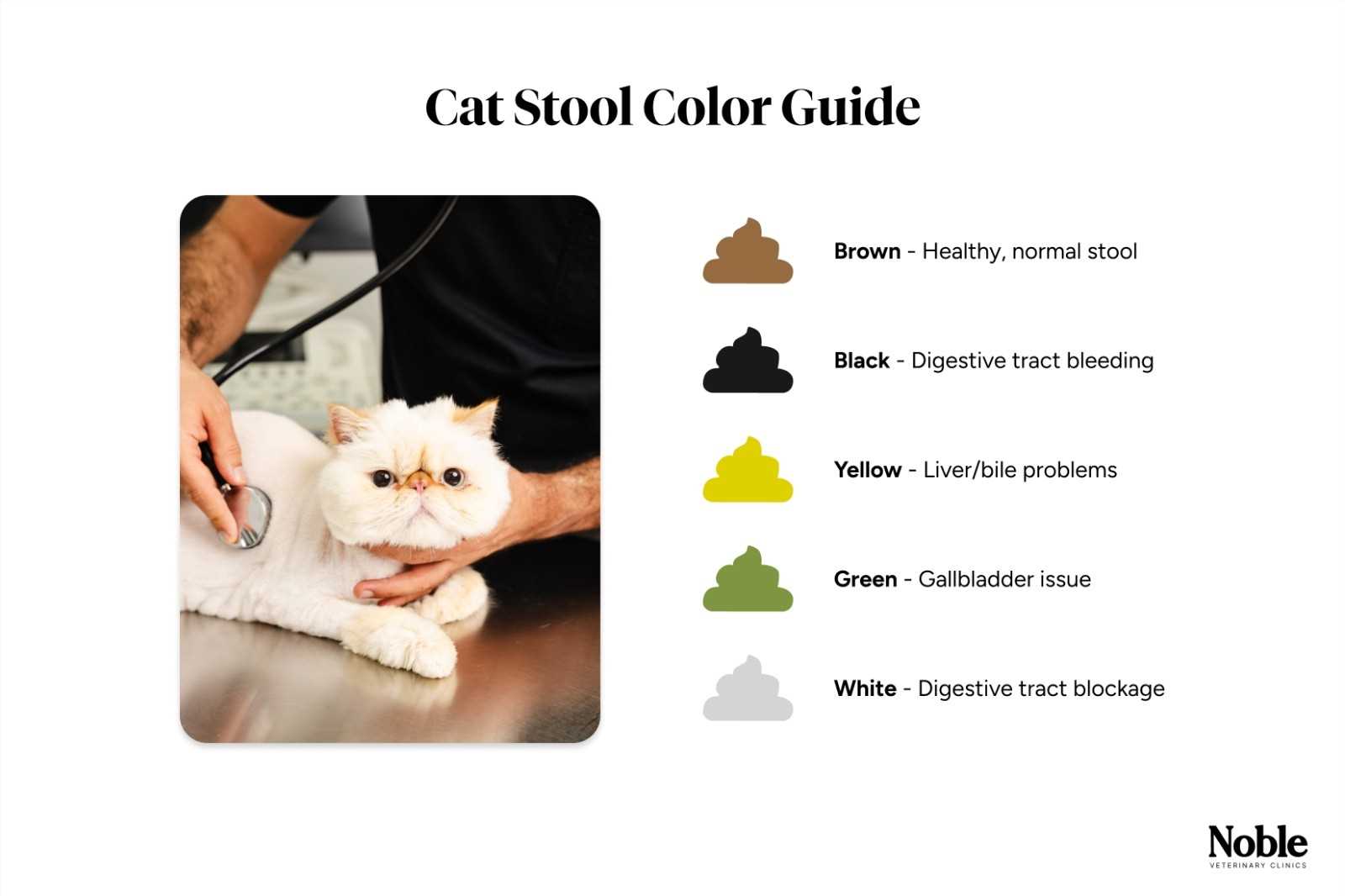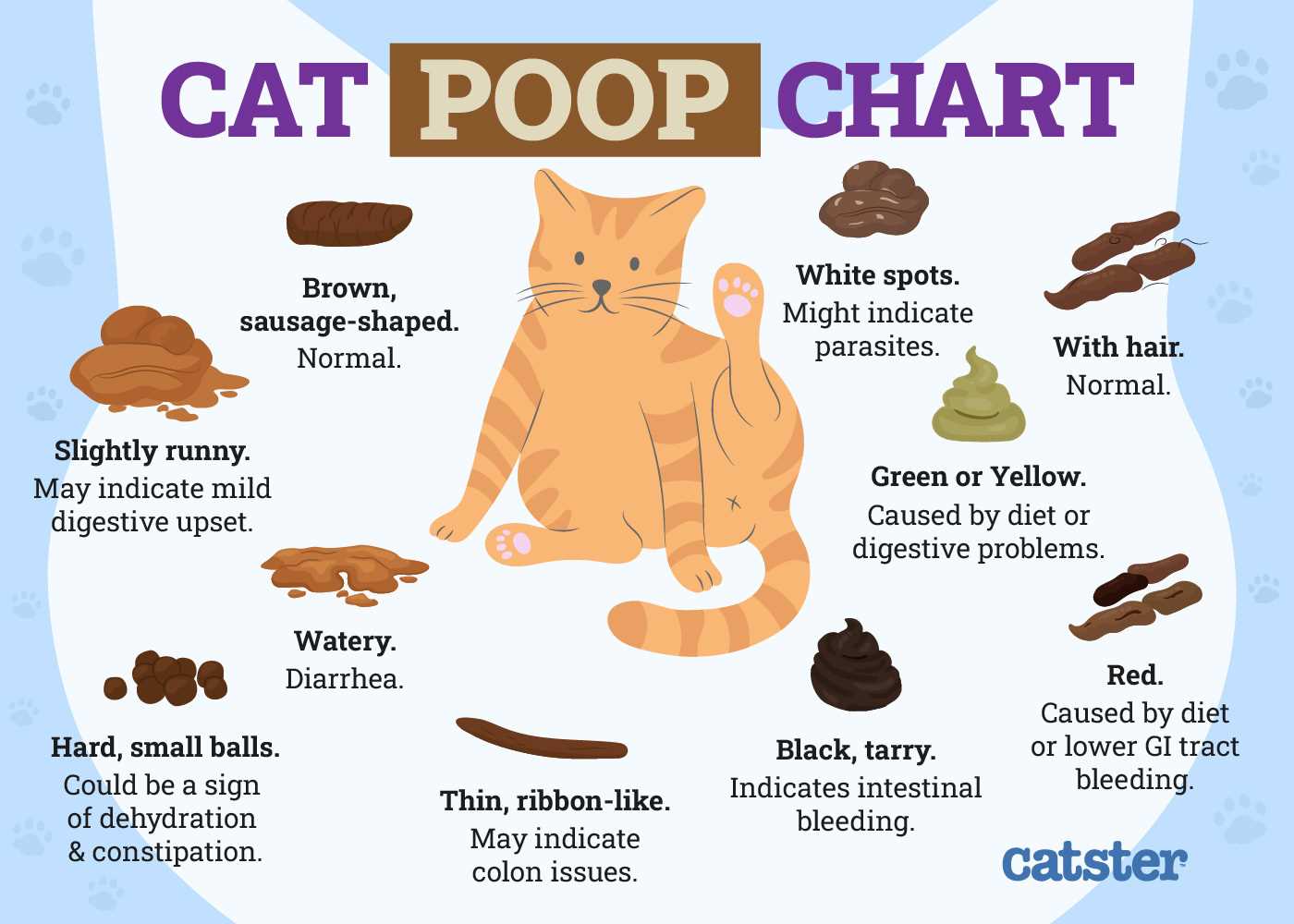When my tummy feels upset, I often rely on bland foods to settle things down. A mixture of plain boiled chicken and white rice works wonders. This combination is gentle on my digestive system and helps firm up those loose stools.
Hydration is key, so I make sure to sip on fresh water frequently. Sometimes, a bit of low-sodium chicken broth can encourage me to drink more. Keeping hydrated is essential during these times.
Probiotics are another secret weapon in my arsenal. They help restore the balance of good bacteria in my gut. I find that sprinkling a bit of probiotic powder on my food can make a big difference.
Lastly, I recommend monitoring my condition closely. If symptoms persist for more than a day or two, a visit to the vet is a smart move. It’s always better to be safe and ensure everything is alright.
Relief Options for Feline Digestive Issues
Plain boiled chicken, shredded without skin or seasoning, works wonders. It’s gentle on the tummy and provides necessary nutrients.
White rice can be a helpful addition. Mix it with the chicken to create a soothing meal. Just ensure it’s well-cooked and easy to digest.
Probiotics specifically formulated for felines support gut health. Look for those containing beneficial bacteria like Lactobacillus.
Pumpkin puree, not the spiced pie filling, offers fiber that aids digestion. A small spoonful mixed into meals can help firm up stools.
Hydration is key. Always have fresh water available. Broth made from boiled chicken (without seasoning) can entice drinking.
Avoid dairy products; many felines struggle with lactose. Stick to cat-friendly options for snacks.
Monitor behavior and stool quality. If issues persist beyond a day or two, consult a vet for further guidance.
Understanding the Causes of Diarrhea in Cats
Identifying the underlying issues is critical for addressing loose stools in felines. Here are some common culprits:
- Dietary Changes: Sudden alterations in food or treats can upset sensitive tummies.
- Food Intolerances: Certain ingredients may not sit well, leading to gastrointestinal distress.
- Infections: Bacterial, viral, or parasitic infections can trigger digestive issues.
- Stress: Environmental changes, new pets, or loud noises might induce anxiety-related bowel problems.
- Chronic Diseases: Conditions like hyperthyroidism or inflammatory bowel disease could manifest as persistent diarrhea.
- Medications: Some treatments or antibiotics may cause digestive upset as a side effect.
Monitoring behaviors and symptoms can help identify the specific cause. If loose stools persist beyond a couple of days or if additional symptoms arise, seeking veterinary advice is wise.
Safe Home Remedies for Cat Diarrhea
Plain, unsweetened pumpkin puree works wonders. Just a spoonful mixed with regular food can help firm things up. Make sure it’s not the spiced pie filling; plain is key.
Bone broth is another soothing option. It provides hydration and nutrients, making it gentle on the tummy. Simmer bones for hours, then strain and serve cool.
Rice water, the liquid left after boiling rice, can also be beneficial. It’s easy on the stomach and helps to bind things together. Just ensure it’s cooled before serving.
Probiotics designed for felines can restore gut flora. Look for specific feline probiotics available at pet stores. A sprinkle on meals can aid digestion.
Slippery elm is a natural herb that can soothe an irritated digestive tract. Mix a small amount of powdered slippery elm with water and offer it alongside meals.
Always ensure fresh water is available. Staying hydrated is critical, as diarrhea can lead to dehydration. Adding a little chicken broth to water can encourage drinking.
Monitor food intake closely. Gradually reintroduce a bland diet, like boiled chicken or rice, after a day or two of fasting to allow the digestive system to rest.
Keep an eye on symptoms. If issues persist beyond a day or two, or if there are additional symptoms like vomiting, a vet visit is necessary. It’s better to be safe and get a professional opinion.
Recommended Diet Modifications for Diarrhea
Switching to a bland diet is crucial. Cooked white rice combined with boiled chicken (without skin or seasoning) can provide a gentle option. This combination is easy on the stomach and helps firm up stools.
Gradual Transition
Introduce any new food slowly over a few days to avoid further digestive upset. Start with small amounts, gradually increasing the quantity while monitoring reactions.
Hydration is Key
Ensure access to fresh water at all times. Dehydration can occur quickly with loose stool. Adding an electrolyte solution designed for pets may also help maintain hydration levels.
Consider incorporating pumpkin puree (not the spiced pie filling) into meals. This can assist in regulating digestion due to its fiber content. A teaspoon added to meals can do wonders.
Avoid dairy products and high-fat foods during this period, as they can exacerbate digestive issues. Stick to easily digestible proteins and carbohydrates until the situation improves.
Consulting a veterinarian for further advice is always a smart move, especially if the issue persists for more than a day or two. Professional guidance can help tailor a diet plan suited to individual needs.
When to Consult a Veterinarian for Cat Diarrhea

Immediate veterinary attention is necessary if symptoms persist beyond 24 hours. If you notice blood in the stool or any black, tarry feces, it’s crucial to seek professional help without delay. Signs of dehydration, such as lethargy, excessive thirst, or dry gums, warrant urgent care.
Any accompanying symptoms like vomiting, lack of appetite, or weight loss indicate a potential underlying condition that needs expert evaluation. Kittens and senior felines are particularly vulnerable; any gastrointestinal disturbance in these age groups should prompt a vet visit sooner rather than later.
Don’t hesitate to consult a veterinarian if there’s a recent change in diet or exposure to toxins, as these can lead to serious health issues. A thorough examination will help determine the cause and appropriate treatment, ensuring a quick recovery.
Medications and Supplements for Managing Diarrhea

Probiotics play a significant role in restoring gut health. Products containing beneficial bacteria, such as Lactobacillus or Enterococcus, can enhance intestinal flora and support digestion. Consult with a vet to find the appropriate strain and dosage for optimal results.
Over-the-Counter Options
Some medications are safe for feline friends. Loperamide, for instance, can reduce stool frequency and improve consistency. However, always check with a veterinarian before administering any over-the-counter options to ensure safety and dosage accuracy.
Prescription Medications

When home remedies fall short, prescription treatments may be necessary. Metronidazole acts as an antibiotic that can address specific infections or inflammatory conditions. A vet can determine if this course of action is suitable based on the cat’s health history.
In addition to medications, consider incorporating a fiber supplement, like psyllium husk, to help firm up stools. Adjusting to a bland diet during recovery can also ease digestive distress.
While addressing digestive issues, remember to keep your furry friend entertained. Check out the best toys for maine coon cats to keep their spirits high while they recover.
Monitoring Your Feline’s Recovery and Health
Check for changes in behavior and litter box habits. Regular observations help identify if the situation improves or worsens. Track the frequency and consistency of bowel movements. Healthy stools should be formed and easy to pass.
Maintain a log of dietary intake. Note any new foods introduced, as certain items might trigger issues. This record aids discussions with a veterinarian if necessary. Hydration is equally crucial; ensure fresh water is always available. Monitor drinking habits closely. Dehydration can be a serious concern.
Be aware of additional symptoms like vomiting, lethargy, or signs of pain. These may indicate a more severe underlying problem. If these occur, a visit to the vet is advisable. For ongoing health monitoring, consider keeping a checklist of signs to watch for:
| Symptom | Action |
|---|---|
| Frequent bowel movements | Record frequency and consistency |
| Loss of appetite | Consult a vet if prolonged |
| Excessive thirst | Ensure hydration, monitor behavior |
| Vomiting | Seek veterinary advice |
| Lethargy | Evaluate overall health, visit vet if needed |
Incorporate a comfortable environment to minimize stress, which can exacerbate digestive issues. A quiet space with familiar bedding can promote relaxation. If recovery is slow or symptoms persist, don’t hesitate to reach out for professional guidance.
Staying informed about health indicators helps ensure I remain in peak condition. For more insights on maintaining household items, check out are lawn mower bags universal.







